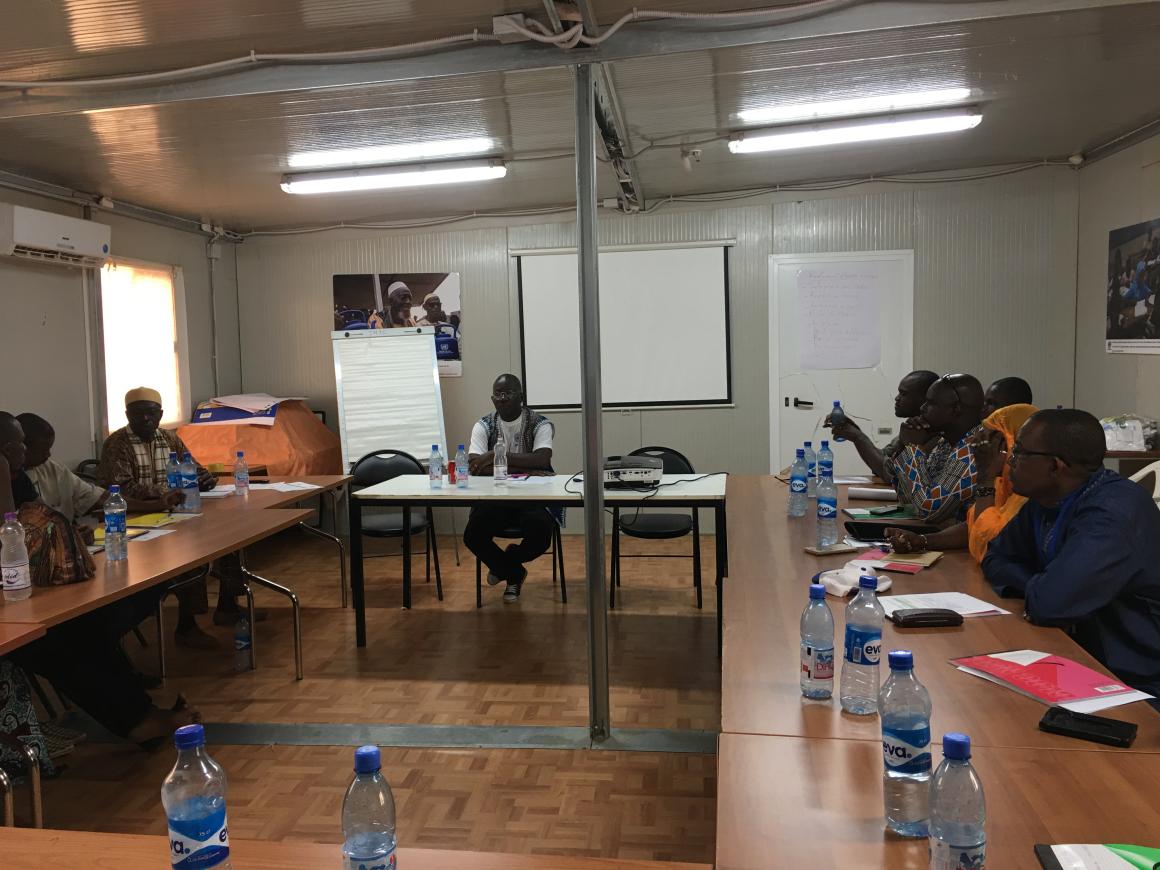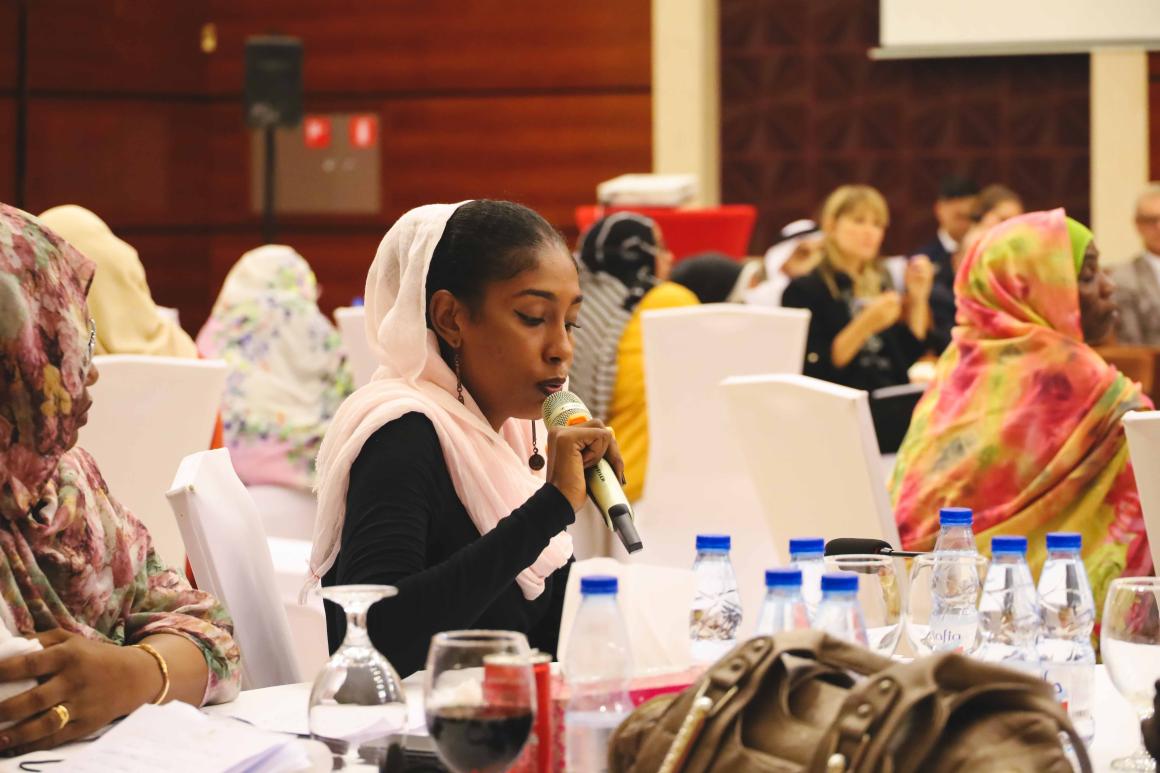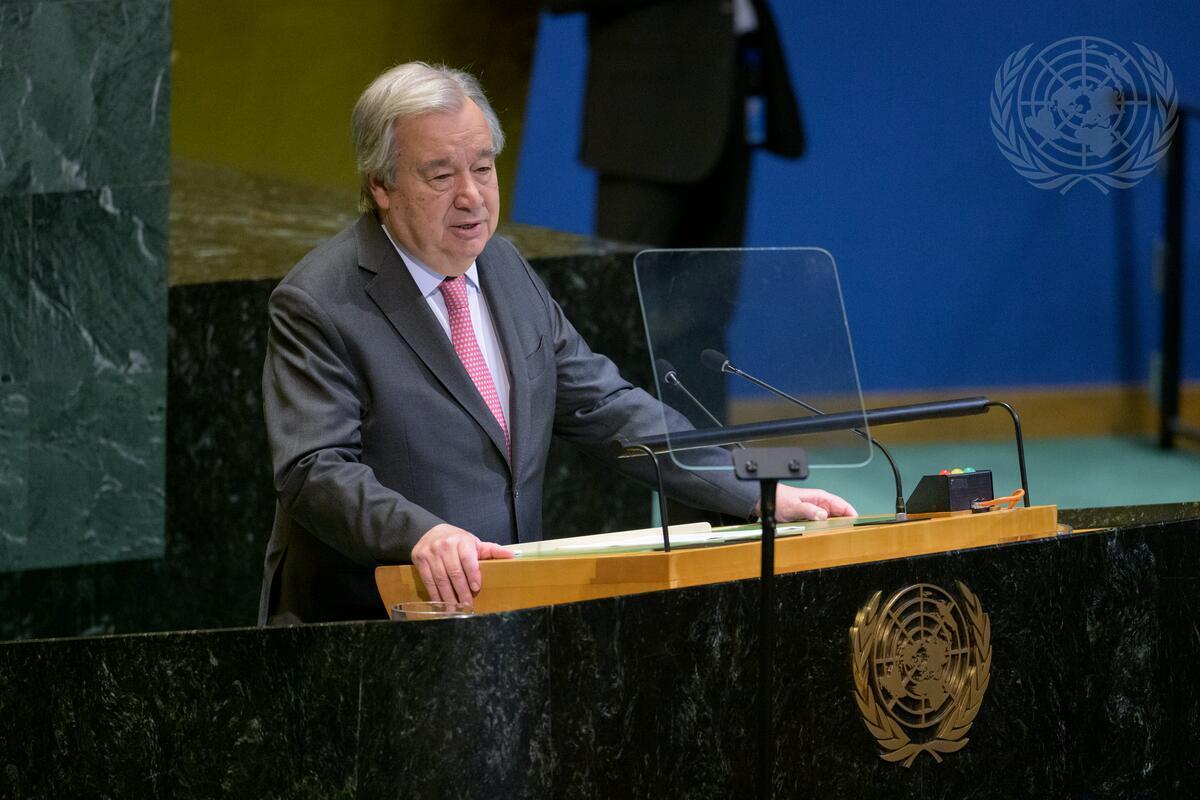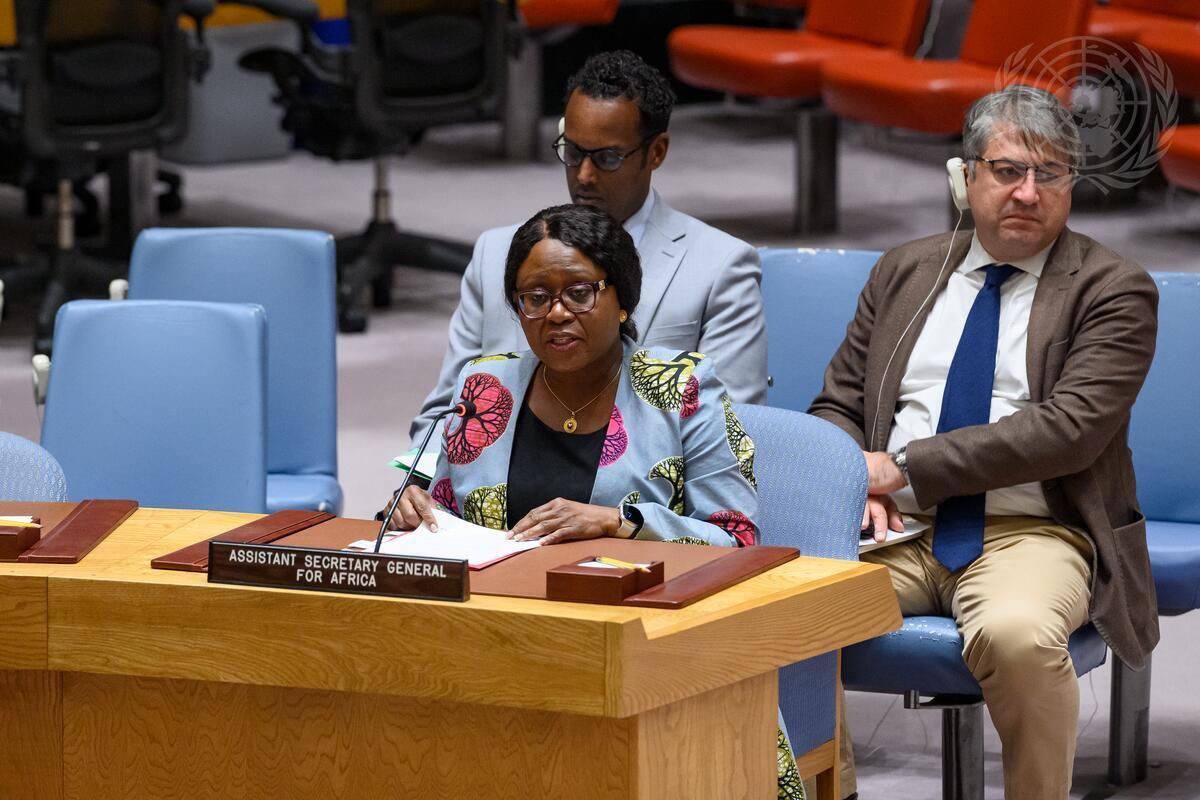Since the coup of 2021, UNITAMS has been providing a platform to diverse groups of women to foster solidarity around common priorities and concerns across political divides with the hope of laying the foundation for a common agenda for all Sudanese women.
Supporting women’s meaningful participation in politics, decision making and peace processes is an integral part of the work of the United Nations as mandated by several Security Council resolutions, including resolution2524 which established UNITAMS. In Sudan, unique challenges confront women in their quest to partake in deciding the future of their country. The coup of 25 October 2021, brought with it an intensification in political polarization, rapid economic deterioration and flare ups of violence in the regions with particularly harsh impacts on women including harassment, intimidation and other forms of Violence Against Women. Against this backdrop, women’s groups have been struggling to find channels to ensure women’s priorities are reflected in the national conversation and the many initiatives focused on finding ways to end the political impasse.
In response to the political crisis, UNITAMS conveneda consultative process in early 2022 with over 800 Sudanese stakeholders who mapped a framework to guide any political solution with one key finding stressing that “Sudanese women and men must own the processes for determining the future of the transition and of their country.”
Most recently, UNITAMS facilitated a series of dialogues for women from different regions and backgrounds in Sudan together with UN Women and UNDP between July and August 2022. The dialogues brought together a total of 170 women from Khartoum, the East, the North, Kordofan, the Blue Nile and Darfur. They also included women from different political parties and with affiliation to the Juba Peace Agreement signatory armed movements. National and international experts helped facilitate the dialogues and discussed examples of women movements in Sudan and elsewhere.

The dialogues allowed women from across the political spectrum to think together of ways to foster solidarity between women’s groups around unified priorities. Themes of the discussion also included the incidence of violence in the regions and women’s leadership role in combating hate speech and supporting peaceful co-existence. Women participants also exchanged experiences about gender-based violence, including sexual violence, and ways to leverage women’s solidarity in support of survivors, as well as more strategic plans to curb violence against women and improve accountability in this regard.
“Our objective is to provide Sudanese women with the platform and the tools they need to bridge political differences and think collectively as women of ways where they can work together to ensure their ability to meaningfully participate in shaping the future of Sudan,” said Christina Shaheen, UNITAMS’s senior Gender Adviser, “This participation and the overall agenda of gender equality are integral parts of a credible transition towards sustainable democratic governance in Sudan.”

In September, UNITAMS, in collaboration with UNDP and UN Women, convened a diverse group of women politicians, activists, scholars and experts who formulated a unified gender-responsive constitutional vision and presented it to various Sudanese stakeholders, including political parties, armed movements and civil society, as well as the Trilateral Mechanism and representatives of the international community.
UNITAMS, together with National Democratic Institute and Office of Transition Initiative (OTI), is also planning to launch a series of dialogues in all of Sudan’s 18 states to build on the six dialogues of July and August and continue the work of supporting women from across Sudan to create and advocate for a unified women’s agenda for the transition and beyond.






